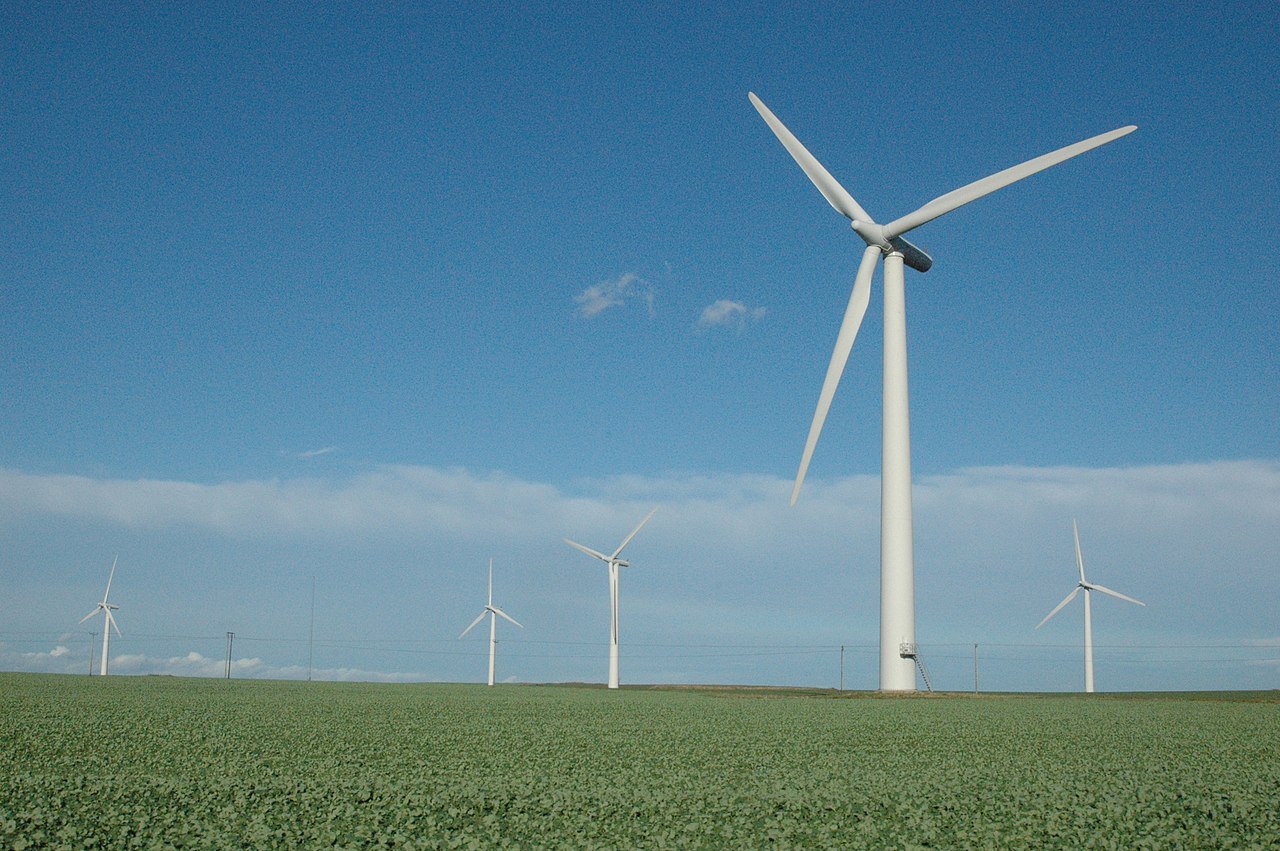Serbian turbine deal prompts protectionist EU legislation


The awarding of a turbine tender to China’s Envision Energy by EU applicant Serbia looks to have set the bloc on a new course.
The deal has prompted EU plans to ban foreign wind turbines over cybersecurity issues, with protectionist measures to protect European manufacturers against Chinese rivals.
The European Commission (EC) European Wind Power Package includes the allowance of the exclusion of foreign firms based on as yet undefined cybersecurity criteria.
As wind turbines can typically be managed remotely, they can be controlled by third parties. Terabytes of sensitive data could theoretically be collected daily and sent to third countries via satellite or even turned off.
The rules will likely ensure that secure equipment is being installed in Europe, a Spanish wind energy association AEE official told a conference in Bilbao, north Spain, Euractiv reported.
However, others in the industry are less convinced of the risks, and say the data is not open to abuse without control of the whole network of turbines, the Brussel-based website added.
The EC will reportedly present an act with more details on cybersecurity requirements later this year.
At the time of the announcement of the European Wind Power Package, Maros Sefcovic, Executive Vice-President for European Green Deal “We need to make sure all sectors are able to operate in a conducive environment to effectively contribute to reaching our ambitious climate and energy goals. This package will help the European wind sector to grow at home and compete globally, thus reducing dependencies on external suppliers and creating green jobs for workers.”
For his part, Kadri Simson, Commissioner for Energy said: “The EU is determined to lead the energy transition, and to seize the opportunity to create economic growth and green jobs. The wind sector is key for the achievement of our clean energy and climate goals, but we need to make sure it can do business in a fair and supportive environment.
“We are committed to work together with Member States and the industry to turn our legislative targets into reality on the ground. The actions we set out today will make sure that the wind sector remains a strong European power play,” Simson added.
In a related development, the Net Zero Industry Act will be adopted by MEPs in late April, and will include optional cybersecurity requirements on renewable-energy public procurements.
Recent Posts
Bulgaria’s euro debate intensifies as pro-EU opposition pushes January adoption date
Bulgaria’s pro-European opposition has tabled a declaration committing the country to join the Eurozone on…
Romania powers up its largest EV hub to support EU Green Deal transport targets
In a new step in the cleaner transport transition, OMV Petrom has inaugurated Romania's largest…
Ukraine arrests pair for spying for Hungary
The Security Service of Ukraine (SBU) has arrested two Ukrainian military veterans in Zakarpattia, west…
Hungary pays neighbours to avoid blackouts: lessons from Spain’s recent energy crisis
Hungary currently leads the world for share of solar energy in its energy mix, as…
Rama set to retain power in Albania election
Albanian Prime Minister Edi Rama has claimed victory in Albania’s parliamentary election on Sunday, 11…
Bosnia’s EU accession requires pro-EU coalition – high representative
The EU can formally begin accession negotiations with Bosnia and Herzegovina (BiH) when a stable…


